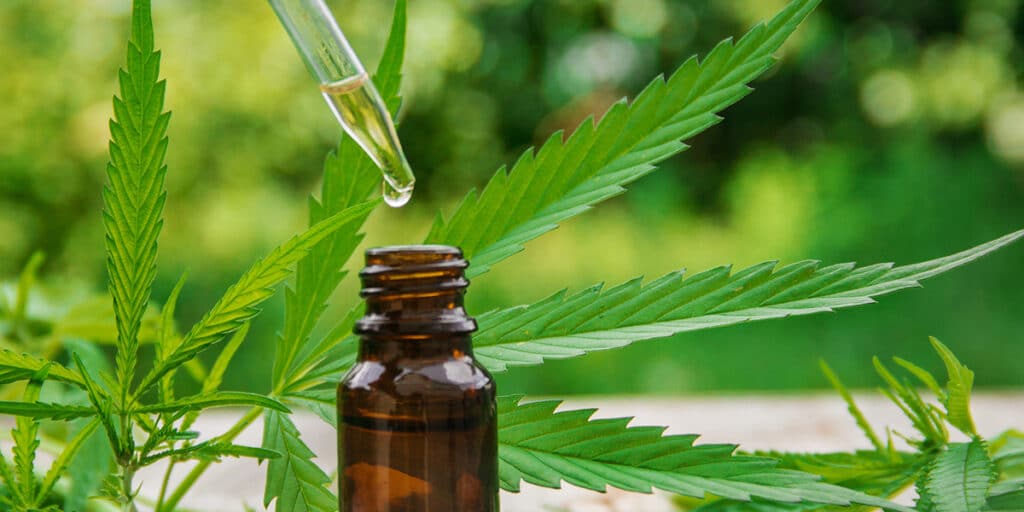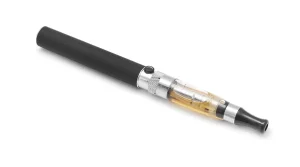
Short for cannabidiol, CBD has become widely recognized for its ability to treat several bodily conditions. Control of muscle soreness and inflammation is one area where it has shown potential. As more people look for natural substitutes for pain relief, CBD has started to appeal. Found in hemp and cannabis plants, this non-psychoactive chemical interacts with the endocannabinoid system in the body to produce therapeutic effects, so offering possible relief for those with inflammatory disorders and painful muscles.
Understanding muscle soreness and inflammation
Common occurrences, especially following significant physical exercise or injury, are muscle discomfort and inflammation. Overused or damaged muscles can flare and cause pain, stiffness, and edema. The body’s normal reaction to heal and defend tissue is inflammation; nevertheless, when it becomes chronic, it may delay healing and extend discomfort. Analyzing therapeutic options like CBD calls for a knowledge of the basic causes of muscular pain and inflammation. Inflammation triggers bodily pain receptors that notify the brain to probable damage.

The impact of CBD on the endocannabinoid system
CBD allows receptors present all over the body—especially in the neurological system and immune cells—make up the endocannabinoid system (ECS), which is essential in moderating pain, inflammation, and many other physiological functions. CBD affects the capacity of the system to control pain and inflammation rather than directly binding to these receptors. It could help lower the synthesis of inflammatory cytokines and control the reaction of the immune system to damage. CBD could help the ECS support a more balanced inflammatory response and lower the degree of muscular soreness.
Pain Relief and Muscle Recovery
Since CBD is well known for its analgesic qualities, it’s a great tool for easing muscular aches. CBD has been claimed to help ease pain related to muscular soreness, whether taken internally or topically via lotions or oils. By lowering swelling and encouraging improved circulation, its anti-inflammatory qualities greatly help muscles recuperate. Faster healing can result from better blood flow helping to provide oxygen and nutrients to afflicted areas. CBD has been sought for faster recovery times and less post-exercise discomfort by athletes, fitness buffs, and those recovering from physical labor.
Safety and Use of CBD for Muscle Relief
Using CBD to reduce inflammation and pain of muscles requires careful form and dosage selection. Among the several forms CBD comes in are oils, tinctures, lotions, and capsules. While oral intake may provide more general advantages, topical treatments may provide focused comfort for aching muscles. Individual needs will affect the CBD dosage; thus, it is advised to start with a smaller amount and progressively raise it as needed. Like any supplement, CBD should be included in a treatment plan under advice from a healthcare practitioner, particularly for people on medication or those with underlying medical issues.
Emerging as a natural and potent alternative for controlling inflammation and muscular discomfort is CBD. Through interactions with the endocannabinoid system of the body, CBD aids with pain management, inflammation reduction, and accelerated healing. CBD shows potential in enhancing general well-being and providing a non-invasive choice for people looking for treatment from muscle discomfort, whether utilized for post-workout respite or chronic pain management.







